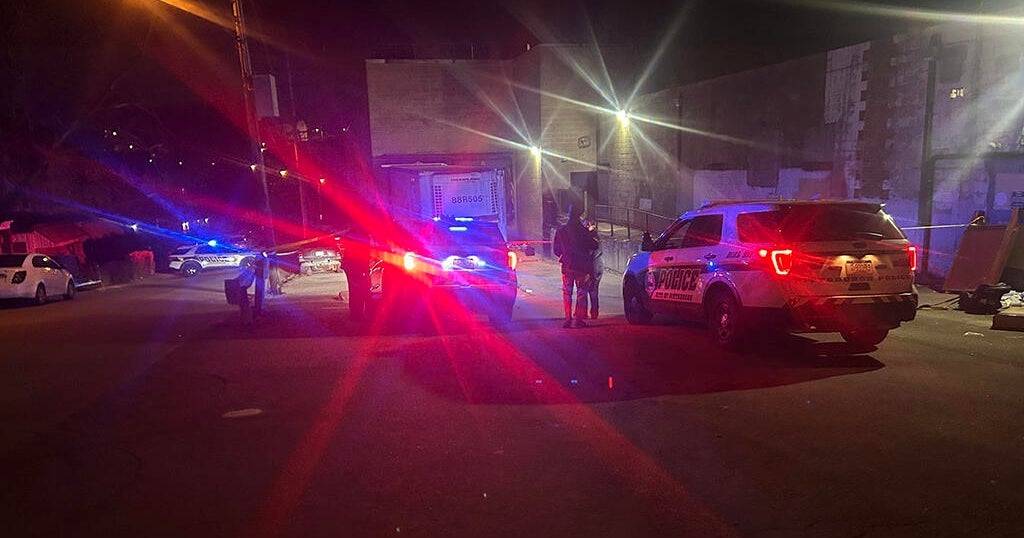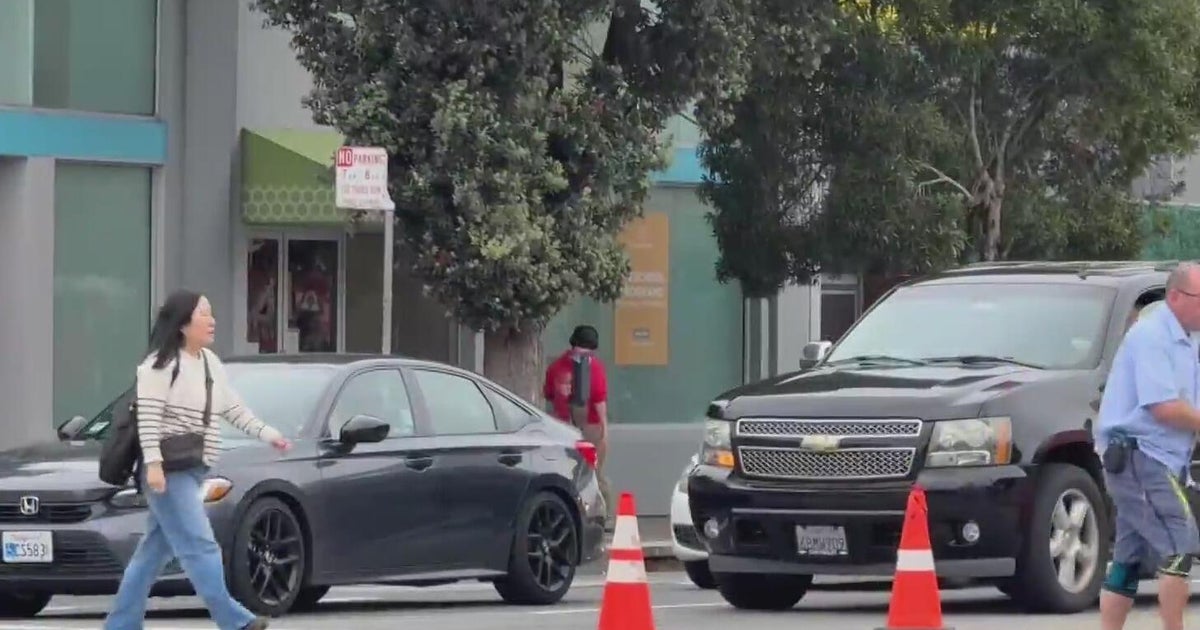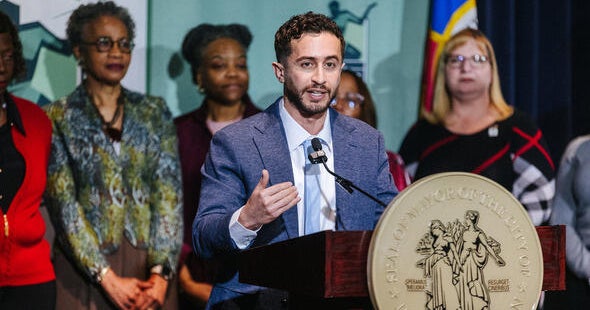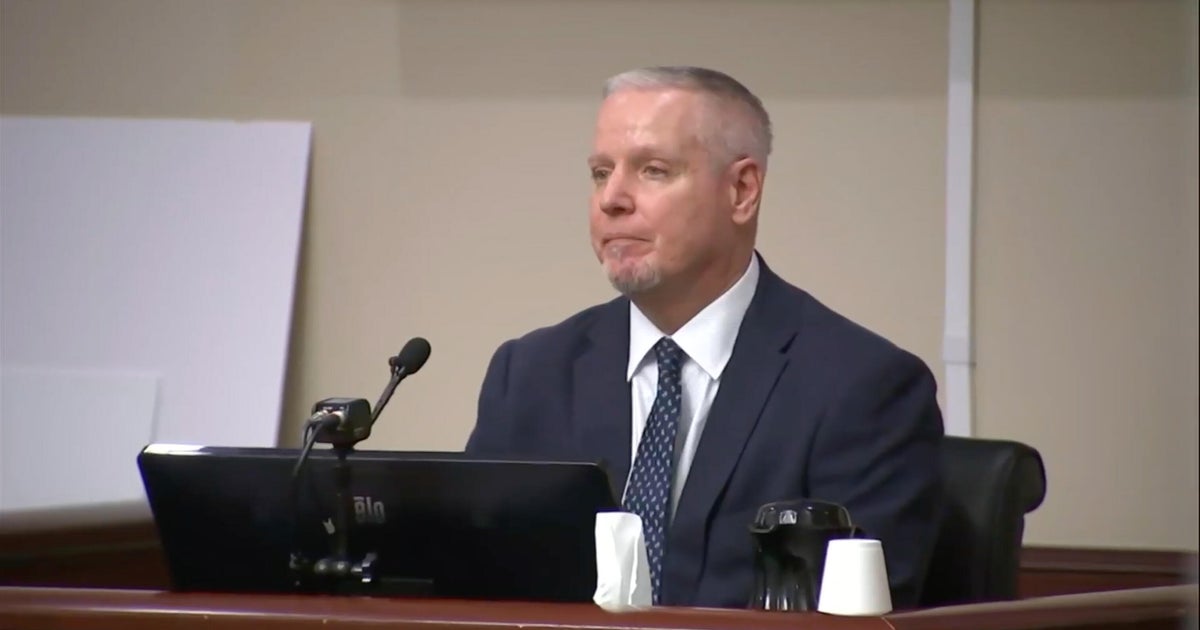City May Have Been Slow To Act On Warning Signs Before Fern Hollow Bridge Collapse
PITTSBURGH (KDKA) -- The city of Pittsburgh may have been slow to act on the warning signs before the Fern Hollow Bridge collapsed.
In its first preliminary finding, the National Transportation Safety Board found the Fern Hollow bridge failed on the Squirrel Hill side but ruled out a likely suspect, namely the aging girders underneath the bridge. While the report said girders are "fracture critical" or susceptible to failure, there were "no fractures found" in these areas.
Still, it's come to light the city may have ignored other warning signs and despite 10 consecutive years of poor inspection reports, did not apply for restoration funding until two years ago and did not designate the bridge as a priority project.
"There was never a message conveyed that it was an immediate concern or there was a concern that it was going to fall down or anything like that. It was just another candidate in the systematic process," said Andy Waple of the Southwestern Pennsylvania Commission.
To get federal funds to repair bridges, a project must get approval from the ten-county Commission. In 2017, inspectors citing "general structure deterioration and inadequate strength" recommended a restoration project estimated at $1.5 million dollars. But Waple said the city did not request the bridge be put on the commission's list of projects until 2019.
"I don't know what conversations were had between the bridge inspectors, the department and the administration. I can't speak to any of that. All I know is when it was brought to us as a candidate, there was no emergency state attached to that," said Waple.
Citing the NTSB Investigation, the Gainey administration has declined all comment on prior inspections and what was and wasn't done at the bridge. KDKA's Andy Sheehan reached out to former Mayor Bill Peduto but did not receive a reply.
The NTSB found that four vehicles were on the bridge. A fifth drove off the embankment and landed on its roof and 10 passengers in all sustained injuries. Waple says they're reviewing this case and others to avoid future collapses.
"We're going to reconvene our partners next, our working group, and look at ways to make sure this doesn't happen again," Waple said.







